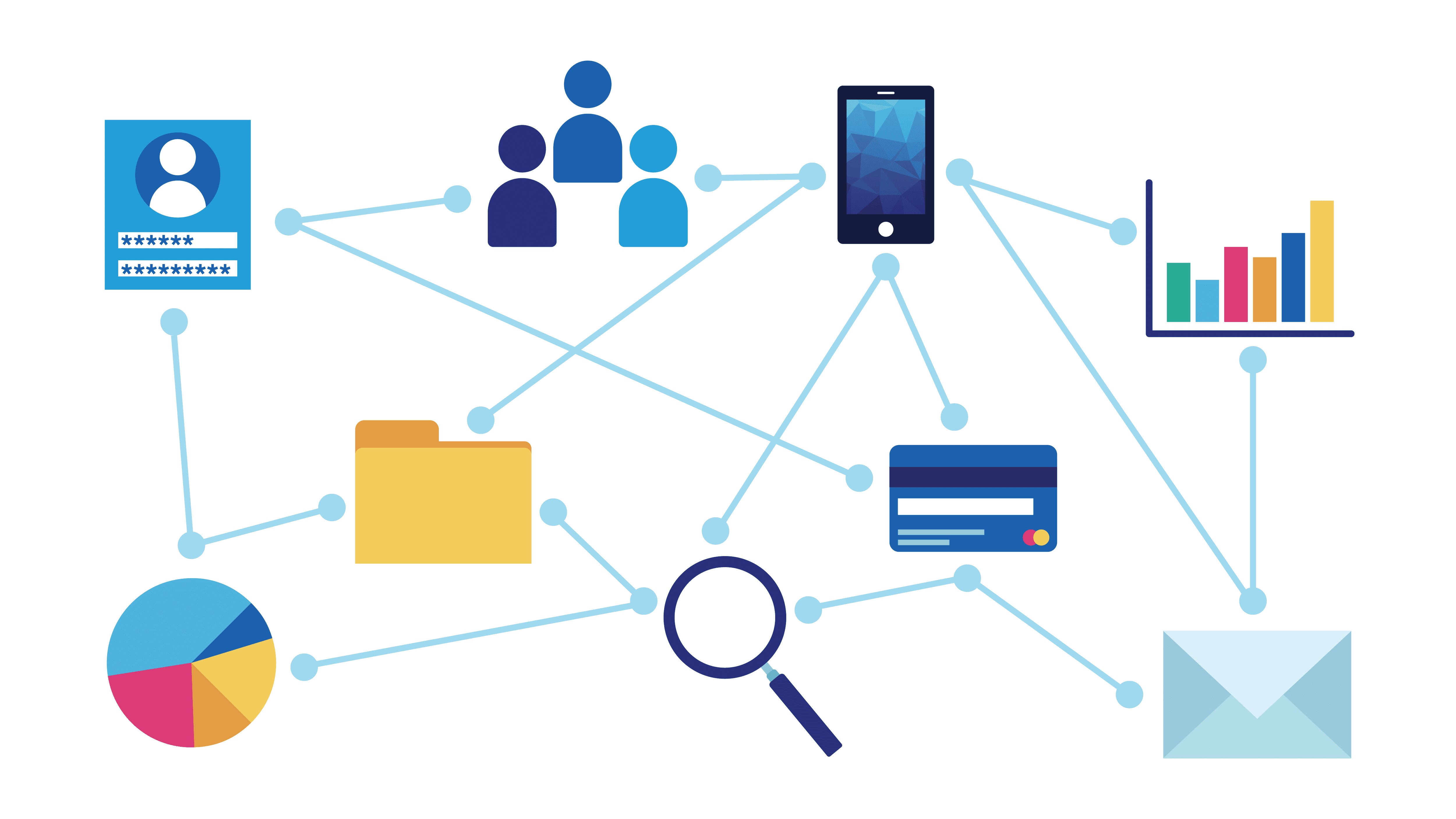In the digital age, data and artificial intelligence (AI) have emerged as the twin engines powering technological innovation and transformation across industries. The unprecedented growth of data, coupled with advances in AI, has paved the way for groundbreaking developments that touch every aspect of our lives. In this blog, we will explore the critical role of data and AI, delving into their symbiotic relationship and how they are shaping the future.
The Data Deluge
Data has become the lifeblood of the modern world. With the proliferation of smartphones, IoT devices, social media, and online transactions, we are generating an astounding amount of data every day. This data is a treasure trove of insights waiting to be unearthed. However, its sheer volume and complexity present a significant challenge. This is where AI comes into play.
The AI Revolution
Artificial Intelligence, once a concept relegated to science fiction, is now a tangible force transforming our reality. AI encompasses a range of technologies, including machine learning, natural language processing, computer vision, and more. It empowers machines to learn from data, make decisions, and perform tasks that traditionally required human intelligence. The symbiotic relationship between data and AI can be summarized as follows:
- Data Feeds AI:
- AI algorithms require vast amounts of high-quality data to learn and improve.
- Data serves as the training material for machine learning models, enabling them to recognize patterns, make predictions, and take actions.
- AI Enhances Data:
- AI can process and analyze data at speeds and scales beyond human capabilities.
- Machine learning algorithms can clean, categorize, and extract valuable insights from raw data.

The Critical Roles of Data and AI
- Business Intelligence and Decision-Making: Data-driven insights powered by AI are invaluable for businesses. They enable organizations to make informed decisions, optimize operations, and identify new opportunities. AI-driven analytics can swiftly process and analyze large datasets to extract actionable insights.
- Personalization and Customer Experience: AI algorithms analyze user behavior and preferences based on data collected from various sources. This enables businesses to offer personalized recommendations, advertisements, and services, enhancing the customer experience.
- Healthcare and Research: In healthcare, AI can process vast amounts of patient data to aid in diagnosis, treatment planning, and drug discovery. It can identify patterns and anomalies that might elude human analysis.
- Autonomous Systems: Self-driving cars, drones, and robots rely on AI and real-time data to navigate and make decisions. These technologies have the potential to revolutionize transportation and logistics.
- Cybersecurity: AI helps in identifying and mitigating security threats by monitoring network traffic and identifying unusual patterns or anomalies in real time.
- Environmental Monitoring: Data collected from sensors and satellites can be analyzed by AI to monitor climate change, predict natural disasters, and manage resources more efficiently.
- Education and Personalized Learning: AI-powered educational platforms can adapt to individual student needs, providing tailored lessons and assessments to optimize learning outcomes.
- Research and Innovation: AI can assist researchers in various fields by processing and analyzing large datasets, accelerating the pace of discovery and innovation.
Data and AI are inseparable in today’s technological landscape. At Integrella, we have a strong team of Data Scientists. They can assist you in providing the foundation upon which AI systems are built and nurtured. Without high-quality data and the expertise of data scientists, AI would lack the essential knowledge and capabilities to make informed decisions and predictions. The synergy between data science and AI is a driving force behind the transformative impact of AI in various domains, from healthcare and finance to transportation and entertainment.
As we move forward, the responsible and ethical use of data and AI will be essential. Harnessing their potential for the benefit of society while addressing concerns related to privacy, bias, and transparency will shape the future of this transformative partnership. The journey of data and AI is far from over, and the possibilities they unlock are limited only by our imagination and our commitment to responsible innovation.
